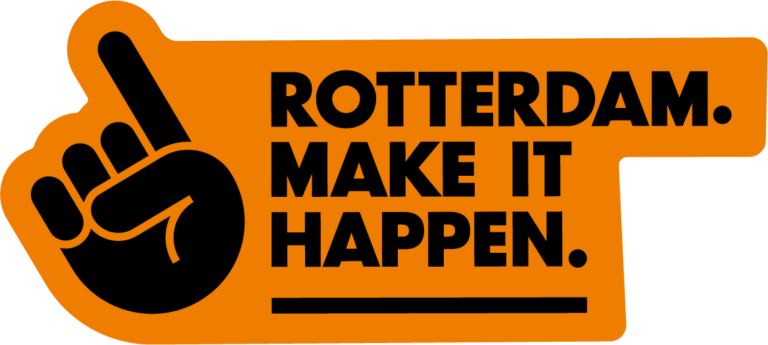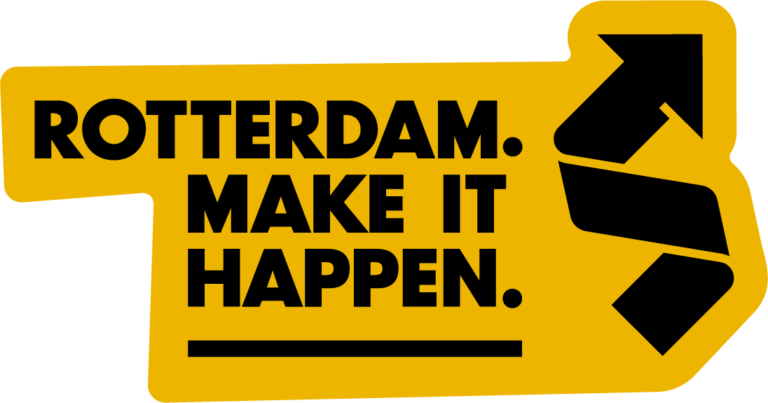Like the first notes of a symphony, Placemaking Week Europe will begin with anticipation, resonance, and the promise of harmony. Each year, a different city sets the tempo, becoming the main speaker that frames the conversation. In 2025, next week, from 23 to 26 September that music will rise from Reggio Emilia, a place defined by cooperation, inclusion, and civic courage, but also shaped by memory and resistance. Here, neighbourhood voices will sit alongside international practitioners, and questions will matter more than polished answers. It is not a conference and it is not a trade fair, but a festival of learning built on trust and exchange, an invitation to improvise together and weave new rhythms for the future of our cities.
The values of Placemaking Week Europe are simple yet radical: the city will be the main speaker; most of the programme is co-created through an open call; there will be no VIPs, only participants; sessions will not be livestreamed, so that conversations can remain honest; and there will be no sponsors, booths, or logos. These choices may make the week a little messy, but they will also make it more human.
In Reggio Emilia, these values will meet today’s urgencies: how to design cities for all, how to reimagine heritage, how to foster places of well-being, and how to enable connected journeys. These themes will not stay confined to stages or slides. They will surface in stories, arguments, and questions, in plenaries, workshops, and informal encounters across the city.
The plenaries will unfold like a score, each with its own tempo. Largo con brio will open slowly but with spirit in the Chiostri di San Pietro. The session will be hosted by Lisette van Rhijn and Vivian Doumpa, who will welcome participants and set the festival’s intentions. The welcome will come not only from Mayor Marco Massari and the municipality, but also from neighbours like Luz Romero, a local activist with a migrant background, grounding international dialogue in lived experience. Four keynote listeners, Khadidja Konaté, Noor Hafiza Azmi, Francesca Braglia and Francesca Gioia, will be introduced. Each will follow one theme throughout the week and return at the end to weave the insights into a shared narrative of learnings.
The first full day will begin at the Parco Innovazione with Allegro energico. The session will be hosted by Rosaria Battista, with Fredrik Lindstal as moderator. Luca Torri, director of the innovation district, will welcome participants to the venue, followed by historian Michele Bellelli, who will tell the story of the former Reggiane industrial site, now transformed into a hub of learning and creativity. Visionaries will then set the tone: Jenny Andersson, a pioneer of regenerative futures, will challenge us to move beyond sustainability and imagine places that restore life and resilience; and urban strategist Savvas Verdis will reflect on how cities can embrace complexity, design for uncertainty, and build pathways through today’s global challenges. Place-stories will then bring the themes alive through the voices of Ayanda Roji (Johannesburg), Vincent van Zon (Rotterdam), Jade Julliet (Brussels), and Mike Lydon (New York).
As the sun sets, the pace will slow into Adagio sostenuto, the radical honesty fishbowl. Around a table, with cheese on hand and phones set aside, a first round of provocateurs will open the conversation: Robin Abad Ocubillo, civil servant and public space innovator from San Francisco; Demetrio Scopelliti, Director of Urban Planning and Public Space at AMAT in Milan, known for the Piazze Aperte programme; Milagros Hurtig, researcher at NTNU exploring critical and inclusive approaches to placemaking; and Gregorio Lucena Scarpella, Director of the Global Cultural Districts Network, connecting cultural institutions and civic life worldwide. I will host the session, inviting everyone to join the circle and speak about what often remains unsaid: power and recognition, co-optation and burnout, the maturity of placemaking as a practice, and the reasons we still find courage to keep going.
Thursday morning will open playfully with Scherzo vivace, hosted by Levente Polyak and guided by the benchmark reflections of Charles Landry. Unexpected intersections will emerge through two rounds of dialogue. Ronke Oluwadare, psychotherapist and founder of Black History Month Milan, will speak about minority stress and intercultural dialogue alongside Giulio Buciuni, entrepreneurship professor from Trinity College Dublin, who studies how peripheral cities build innovation ecosystems. Then Aida Esposito, director of culture and regeneration in Southend-on-Sea, will share her work on cultural placemaking and historic centres in conversation with Alexander Premm, a researcher of sustainable mobility transitions at the Lab of Thought. Together their voices will cross disciplines and geographies, uncovering insights that no single field could find alone.
That evening, Allegro ma non troppo will balance urgency and restraint. Moderated by Hans Karssenberg and Laska Nenova, voices from across Europe will share how placemaking navigates systemic transitions. In Frankfurt, James Ardinast will describe efforts to turn a fragile district into a place of urban healing. From Valencia, journalist Sergi Pitarch will reflect on the role of media in recovery after devastating floods. Marzena Horak from Wrocław will explain what happens when a city government dares to experiment, while Saira Ali from Bradford will highlight how culture and inclusion reshape a city stepping into its year as UK City of Culture 2025.
Finally, Andante maestoso will bring a steady, dignified conclusion. The session will be hosted by Melany van Twuijver and Charlot Schans, guiding the festival toward its closing reflections. The keynote listeners will return with their insights, joined by the fresh perspective of a scholarship awardee, representing the next generation of placemakers. The week will end not with answers neatly tied, but with threads woven together into a collective score. And then will come the handover: a farewell to Reggio Emilia, and a welcome to the city that will host Placemaking Week Europe 2026.
The expectation is not that participants will leave with a manual or a checklist. Rather, they will depart with new rhythms, fresh partnerships, and renewed courage to experiment in their own cities. The music will begin next week.







